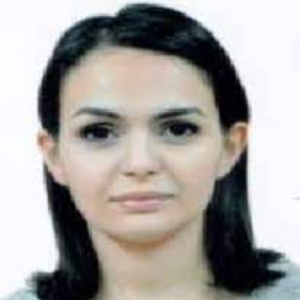Title : Performance evaluation of direct detection receivers in UWOC systems for different water types
Abstract:
For a long time, acoustic and Radio-frequency (RF) waves provide to control and command applications in underwater wireless channels at high transmission ranges. However, multimedia and high data rates applications are not compatible with such systems (the capacity in acoustic wire-less systems being in the range of few Kbits/s and few Mbits/sin wireless RF channels). In this case, the best alternative is to use optical waves which can deliver a higher speed rate underwater optical wireless communications (UWOC) at low latencies.
In this work, we investigate the bit error rate (BER) of underwater optical wireless communication (UOWC) transmission link for different water types (i.e., pure seawater, clear ocean water, coastal ocean water, and turbid harbor water) by incorporating optical code division multiple access (OCDMA). Zero Cross-Correlation (ZCC) codes are used to reduce the decoder complexity by using direct detection (DD) receivers. In order to enhance the channel range and cardinality. BER variations are also examined for different modulation types: NRZ-OOK (Non-Return to Zero- On-Off Keying), RZ-OOK (Return to Zero- On-Off Keying), and QAM (Quadrature amplitude modulation).
Performances are analysed by varying the number of users as well as the channel attenuation caused by different water types. The power and transmitter inclination angle limitation…etc (by which the system performance can be realized for a practical underwater channel environment) are also presented in order to determine the threshold for which the minimum bit error rate (BER) 10-9 is achievable.
The system performs well at shorter distances due to the absorption and scattering of the optical signal while passing through an underwater channel. After analysing all results it is noticed that the BER performance is heavily dependent on the qualities of different water mediums and the best BER performance appears in the case of pure seawater.


